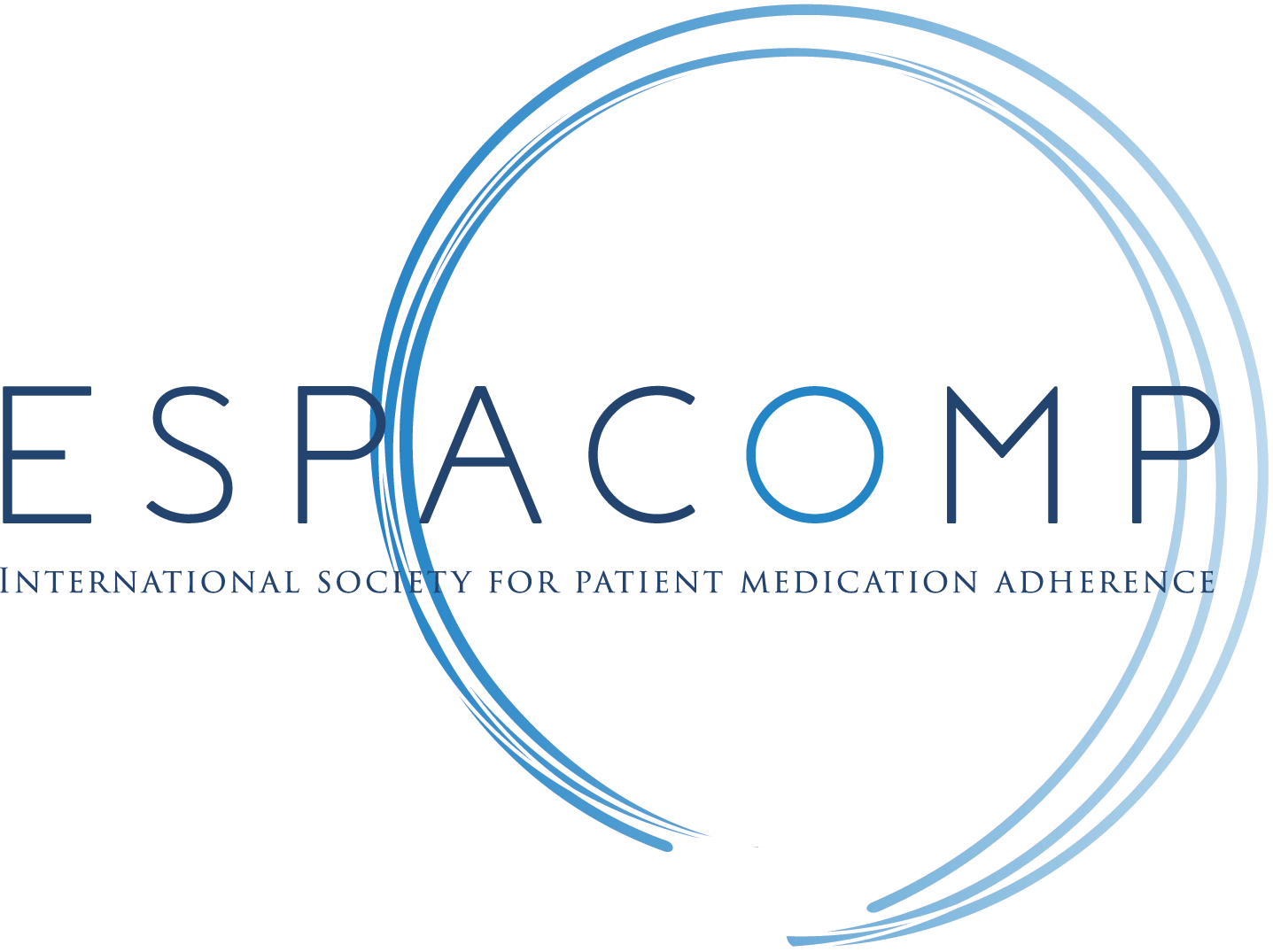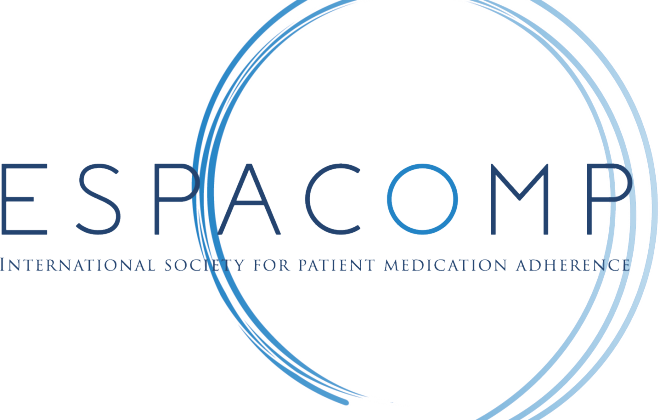Looking back at ESPACOMP Porto 2019
The annual ESPACOMP conference of this year about medication adherence was held at the Faculty of Pharmacy at the University of Porto link. Porto is Portugal’s second largest city and the country was actually named after the city (the former name of Porto was Portucale). For centuries, its harbor has attracted ships from all over the world. Times have changed as the majority of the ESPACOMP conference attendees, coming from as far as Australia and the United States, chose an air vessel as their mode of transportation. Remnants of a golden age are still there though. You only have to briefly glance at the magnificent blue white tiles that decorate the many churches, to realize that the art and architecture of this city are a source of inspiration for science. Thus, the place was suitable for generating new hypotheses about medication adherence as well and it was also an excellent location to either catch up with old friends or to make new friends.
The conference was preceded by a pre-conference program of three workshops:
- a ‘data-analysis’ workshop that helps researchers calculate sound measures of medication adherence and helps them to overcome their reservations with the technically appearing statistical program R
- an ‘implementation’ workshop that encouraged researchers and healthcare providers to go beyond merely speculating about the potential use of medication adherence improving interventions and to apply them
- an ‘educational’ workshop in which healthcare providers learn talking with their patients about medication adherence, using a technique called ‘motivational interviewing’, rather than to talk about their patients (this year the workshop was aimed at Portuguese health care providers).
The main conference, which started on Friday and ended Saturday, focused on the theme ‘Digital health and patient empowerment’. Jacqueline Dunbar-Jacob link gave a historical overview of medication adherence research in her John Urquhart Memorial Lecture [read more about who John Urquhart was here, link]. There were several keynote speakers link including:
- Alexandra Teynor who talked about user-friendly e-health
- Andrew Farmer who explained how clinicians can help patients’ self-management of chronic disease
- Sandra van Dulmen who talked about the issue whether patient involvement guaranteed actual use of e-health
- Bart van den Bemt who presented how e-health can accompany patients along their disease path
- Hayden Bosworth who gave an outline of implementation of digital health interventions.
Many attendees had either an oral or poster presentation of their key findings. Charlotte Poot from the Netherlands (a PhD student of a joint study by Leiden University Medical Center and the General Practitioners Research Institute in Groningen) won the Jean-Michel Métry poster prize for her beautifully designed poster about a serious game aimed at empowering asthma patients to stay adherent to their maintenance drugs. The prize for best oral presentation was awarded to Noura Bawab from Switzerland (University of Lausanne and University of Geneva) who talked about her research concerning an inter-professional patient support program to foster adherence to oral antidiabetics. During the conference dinner, the traditional intermezzo on Friday, honorary memberships were awarded to Marie Schneider and Difryg Hughes. Thus on Saturday, many if not all of us, said goodbye to friends with light strides homebound full of inspiration with an additional suitcase filled with ideas.
Categories
- Annual Meeting (9)
- Collaborations (5)
- Other meetings (2)
- Policy Brief (1)
- Publications (12)
- Uncategorized (5)
- Who is … (5)



